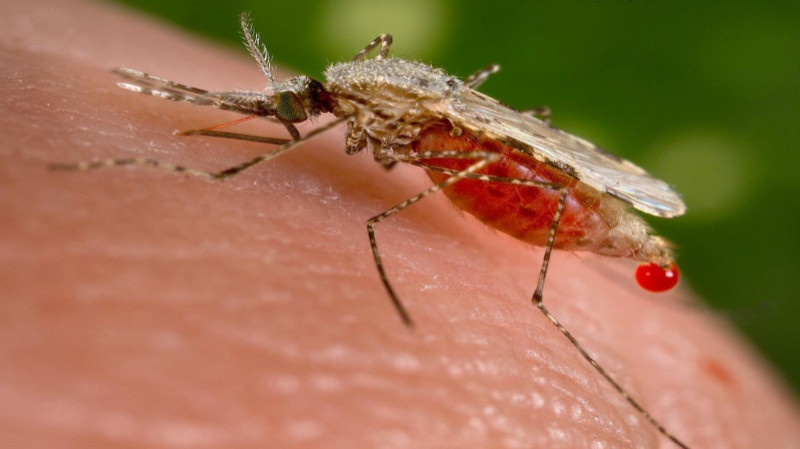In a heartwarming story of medical triumph, a 13-year-old girl from Delhi, who had been in a coma, regained consciousness after a life-saving liver transplant at Sir Ganga Ram Hospital. This remarkable event highlights the power of advanced medical care and the dedication of healthcare professionals.
Radha, the young girl, was in a serious state due to Wilson Disease, a genetic disorder that leads to excessive copper accumulation in the body. This condition caused severe liver problems, abdominal and leg swelling, and eventually led to viral hepatitis and end-stage cirrhosis. Despite exhaustive efforts by the medical team to stabilize her, Radha's condition deteriorated, making a liver transplant her only hope.
The Pediatric Intensive Care Unit (PICU) team at Sir Ganga Ram Hospital, led by senior consultants in pediatrics including Dr. Anil Sachdeva, Dr. Dhiren Gupta, Dr. Neeraj Gupta, and Dr. Nishant Wadwa, worked tirelessly to stabilize Radha. Their dedication set the stage for the complex and critical transplant procedure.
The liver transplant was conducted under the expert guidance of Dr. Ushast Dhir, Chairman of Liver Transplant and Hepatobiliary Surgery at Sir Ganga Ram Hospital. The 12-hour-long surgery involved Radha's mother as the donor, showcasing not only medical expertise but also a mother's unyielding love and sacrifice.
Remarkably, Radha opened her eyes on the second day after the liver transplant, signaling the success of the intricate procedure. Her recovery was nothing short of miraculous, and she has since returned home to her family, ready to resume her studies after the summer vacation.
Dr. Naresh Bansal, Senior Consultant at the Institute of Liver Gastroenterology and Pancreatic Biliary Sciences, explained that Radha's condition was dire due to Wilson Disease. The disease had caused significant copper buildup in her body, leading to severe liver damage. Despite multiple medical interventions to control her symptoms and prevent further complications, Radha's condition necessitated a liver transplant.
Dr. Ushast Dhir described Radha’s case as one of the most challenging yet successful liver transplants for a patient with Wilson Disease. He emphasized the difficulty in counseling Radha's family about the critical need for a liver transplant, which was the only option to save her life. The success of the transplant was a testament to the exceptional hard work and seamless coordination among the hospital’s multidisciplinary teams.
"The child was in critical condition, and a Living Donor Liver transplant had to be performed within a narrow window. This success was made possible by the exceptional hard work and seamless coordination among the hospital’s multidisciplinary teams," Dr. Dhir highlighted.
Radha’s story showcase the importance of early detection and comprehensive care for genetic conditions like Wilson Disease. Regular health check-ups, early diagnosis, and timely medical intervention can significantly improve outcomes for patients with complex medical conditions.
Wilson Disease is a rare genetic disorder, and Radha’s case brings much-needed attention to the importance of awareness and early intervention. Families and healthcare providers need to be vigilant in recognizing the symptoms of such conditions to provide timely and effective treatment.
Radha’s recovery offers hope to many families facing similar medical challenges. It demonstrates the advancements in medical science and the critical role of dedicated healthcare professionals in saving lives. The successful transplant not only saved Radha's life but also allowed her to return to a normal, healthy childhood.
Radha’s story is a powerful reminder of the miracles that modern medicine can achieve. It highlights the critical importance of early detection, comprehensive care, and the tireless efforts of healthcare professionals. As Radha continues her journey towards recovery, her story will undoubtedly inspire many and bring hope to those facing similar battles.

 Radha’s recovery offers hope to many families facing similar medical challenges. It demonstrates the advancements in medical science and the critical role of dedicated healthcare professionals in saving Lives.
Radha’s recovery offers hope to many families facing similar medical challenges. It demonstrates the advancements in medical science and the critical role of dedicated healthcare professionals in saving Lives. 









.png)
.png)
.png)








.jpeg)

.jpeg)










.jpg)




.jpg)

